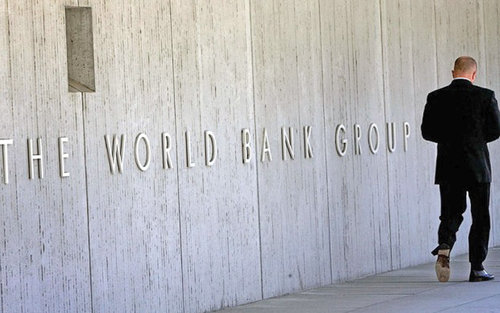By: Muscat Daily staff writer | 17 Aug, 2016 Source: Muscat Daily
Muscat - Public procurement is an essential, cross-cutting element of governance reforms and good procurement systems are a necessity for Gulf countries, a World Bank report said on Wednesday.
In a report titled 'Reforming and modernizing public procurement in MENA', the World Bank said the three pillars of successful, effective governance are: Increasing value for money, improving public service delivery, and creating an enabling environment for private sector-led growth. And in this context, it said, public procurement, with links to all three pillars, is an essential, cross-cutting element of governance reforms.
 “Good procurement systems are a necessity for Gulf countries as they look to diversify their economies and boost the private sector,” said Nadir Mohammed, GCC country director at the World Bank. “Knowledge exchanges between Arab countries that share similar challenges can serve to empower policy officials in their respective countries.”
“Good procurement systems are a necessity for Gulf countries as they look to diversify their economies and boost the private sector,” said Nadir Mohammed, GCC country director at the World Bank. “Knowledge exchanges between Arab countries that share similar challenges can serve to empower policy officials in their respective countries.”
The report said public procurement accounts for 15-20 per cent of GDP in the region, so transparent systems have the power to catalyse the private sector and promote economic growth by opening up business opportunities to more people and improving the environment for investment and business, competition and competitiveness.
The World Bank said its MENA procurement team presented its first course on current trends in public procurement reform at the IMF–Middle East Centre for Economics and Finance (CEF) in Kuwait earlier this year, sharing its experiences in regional and international procurement reform with 30, high-level government officials from 11 countries in the region.
“A knowledge sharing exercise such as this speaks to and helps empower the procurement reform processes that are taking place across the region and already producing results,” said Yolanda Tayler, World Bank regional procurement manager for MENA.
Poor governance of public procurement, the World Bank said, turns public investments into major political and economic liabilities, hinders development goals, and results in added costs and the waste of public funds. “A modern, progressive public procurement system on the other hand is indispensable to improvement and a key instrument for promoting sustainable development.”
